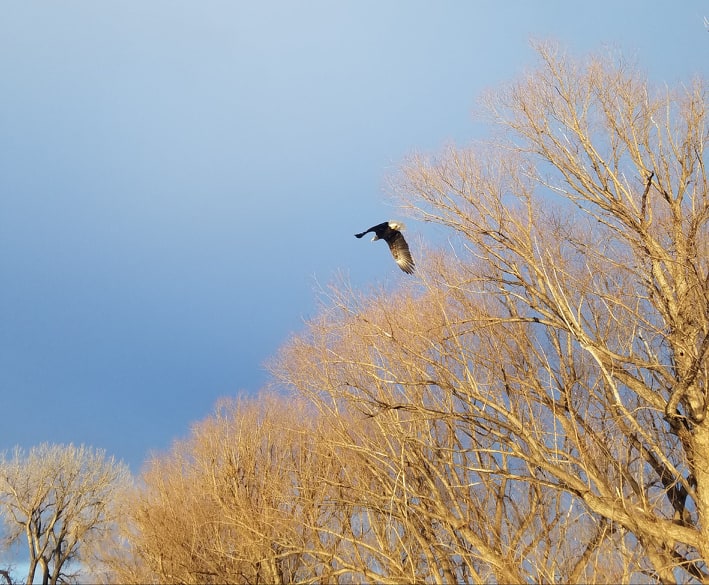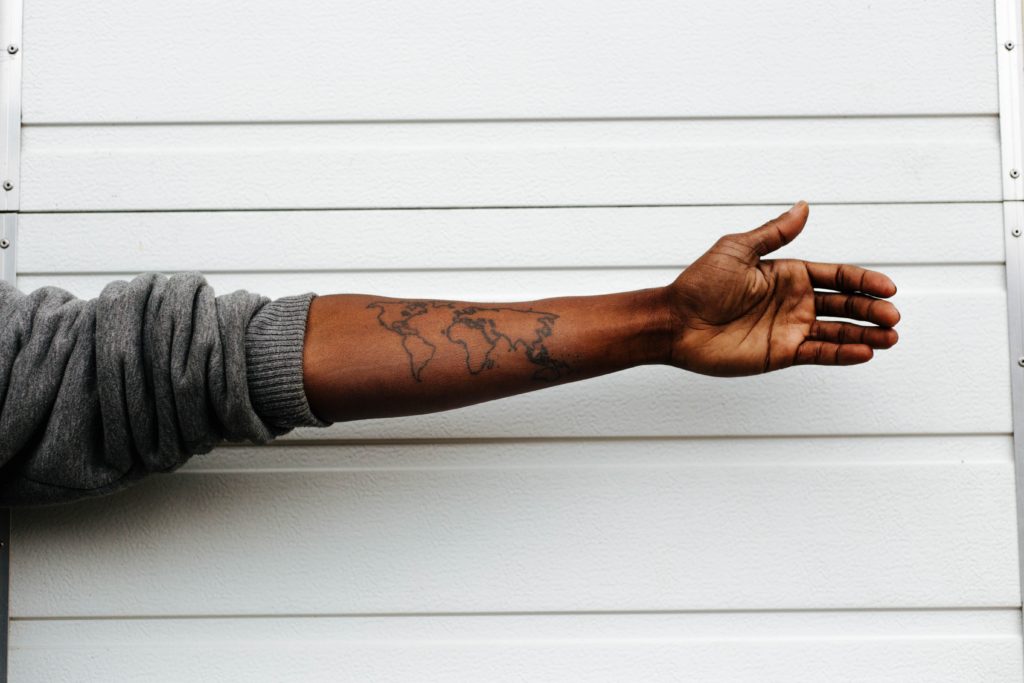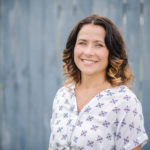
I grew up in Florida, with jasmine clinging to our fences and alligators in our backyards. I woke up each morning expecting the sun to shine. Apart from tempestuous storms raging in the afternoons with their jet-black clouds, thunder, lightning, and violent rain, the storms would often leave just as suddenly as they came.
Life up to age 18 didn’t prepare me for the near constant sheet of grey that settles over the Midwest for weeks and months at a time. Living in Chicago, I suffered from yearly Seasonal Affective Disorder, which eventually drove us west in search of sunshine even in the winter months.
Although we now live in Colorado, which supposedly has 300 days of sunshine a year, I still hate winter. I hate wearing multiple layers of clothing (and having to put those layers on three children). I despise not being able to sit outside for any length of time. And I abhor the way it confines us to our homes for months on end.
When I watch movies that take place in the summer months in places like Ireland and England, I realize how hungry I am for lush green fields, vibrant flowers, and billowing oak trees. I ache for spring—and usually get very emotional at the first sign of life.
Despite the cold and ice, I still run outdoors in wintertime. It’s more for my mental health than my physical health. I have a four-mile loop I jog through a residential area. My route eventually curves around a reservoir with a quarter mile stretch of gravel path hugging the edge of the water with a stunning view of the Rocky Mountains.
I don’t know how many times I ran that route this winter before I first noticed the eagles.
I happened to glance up and notice a bald eagle perched on bare tree limbs silhouetted against a blue sky. He craned his yellow beak down toward me and watched me pass right below him. On my next run, I noticed more. Had they been here the whole time? I cut down along the frozen bank of the reservoir and into a small wooded area of naked trees painted golden by the morning sun and counted 10 more eagles.
Like most people, our family is isolated and practicing “social distancing” right now. School, church, the gym, restaurants, libraries (sob), many stores, and all my plans for speaking and attending conferences were cancelled in less than a week.
Although we are on the cusp of spring, our world is re-entering a winter season of isolation and chill. And I’m trying not to hate it.
Today, I find hope in remembering that this is a season. It may be a long, chilling season and just as our gardens do not always recover from ice, wind, and snow, we will suffer real and invisible deaths. Many of our plans have already turned to ash. But although much in our life is going dormant, returning to “normal” life will bring a joy we’ve never known. In the meantime, we can look for the eagles.
This winter, my children enjoyed listening to a Sesame Street CD we checked out from the library. One song called “Nearly Missed” caught my attention and replayed itself in my head. It’s a reminder to me, to us, as we try to stay awake to the joy, the life, the small mercies:
“While lookin’ at my feet, at a crack in the sidewalk
An old tin can by the side of the road
I nearly missed a rainbow
I nearly missed a sunset
I nearly missed a shooting star going by”
On my run this morning I didn’t see a single eagle, though when I ran two days ago I spotted two bald eagles perched side-by-side. The eagles were only here for winter. And I nearly missed them.
Although I know I’ll burst into tears at the first daffodil signaling this season’s end, I’m trying to keep my head up and notice the beauties and mercies of this season of isolation.
***
Unrelated, but if you are stuck at home with littles, check out these great resources (some winter eagles?):
Lunch Doodles with Mo Willems (author of Don’t Let the Pigeon Ride the Bus) is doing a video each day showing kids how to draw and how he creates his books.
Enrichment Materials and Activities This has some great resources related to some more creative activities for kids.
Educational Companies Offering Free Resources There’s a ton here–I haven’t even delved into most of it.
Making the Most of “Extra Time” A great place to start if you really have no idea what to do with your kiddos at home.


 Tatyana Claytor is primarily a lover of story and truth. As an English teacher, she is surrounded by the stories of the ages, but as a lover of God, she is enveloped in the Story beyond all ages. Her desire is to know the Author of this story as clearly as possible that she might help others see God’s truth in their lives and His plan in their stories. She currently lives in Cocoa, Florida with her three story-loving children and her husband, a minister of Youth and Missions. She has a Master’s degree in Education from Nova Southeastern University and a Master’s degree in Professional Writing from Liberty University. You can find her at her website,
Tatyana Claytor is primarily a lover of story and truth. As an English teacher, she is surrounded by the stories of the ages, but as a lover of God, she is enveloped in the Story beyond all ages. Her desire is to know the Author of this story as clearly as possible that she might help others see God’s truth in their lives and His plan in their stories. She currently lives in Cocoa, Florida with her three story-loving children and her husband, a minister of Youth and Missions. She has a Master’s degree in Education from Nova Southeastern University and a Master’s degree in Professional Writing from Liberty University. You can find her at her website,  The theme for August is “Homelessness, Refugees & the Stranger.” Follow along on social media (links in upper right) to keep up with the latest posts or sign up for the newsletter below for links to the most recent blog posts, thought-provoking articles from the web, and a few of the things I’m into these days.
The theme for August is “Homelessness, Refugees & the Stranger.” Follow along on social media (links in upper right) to keep up with the latest posts or sign up for the newsletter below for links to the most recent blog posts, thought-provoking articles from the web, and a few of the things I’m into these days.